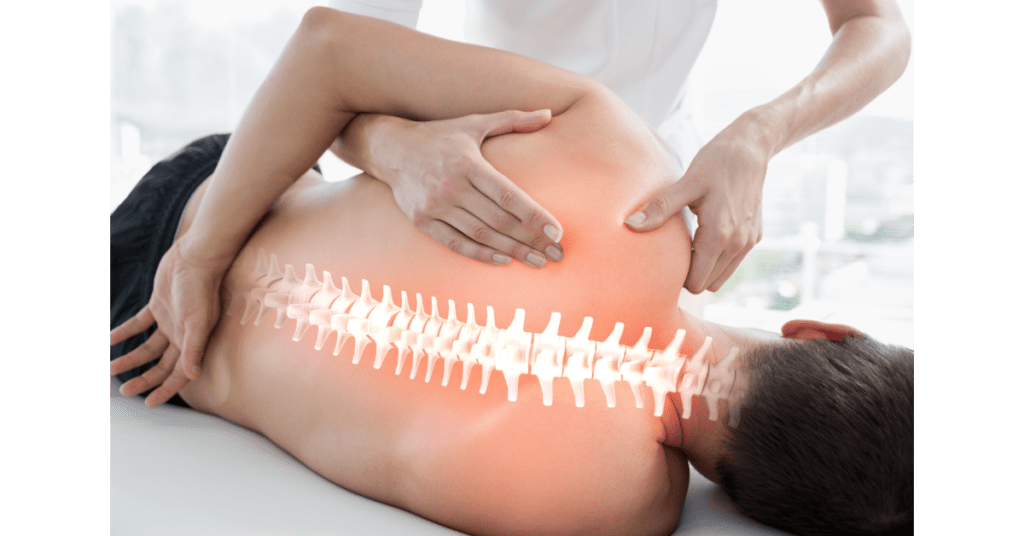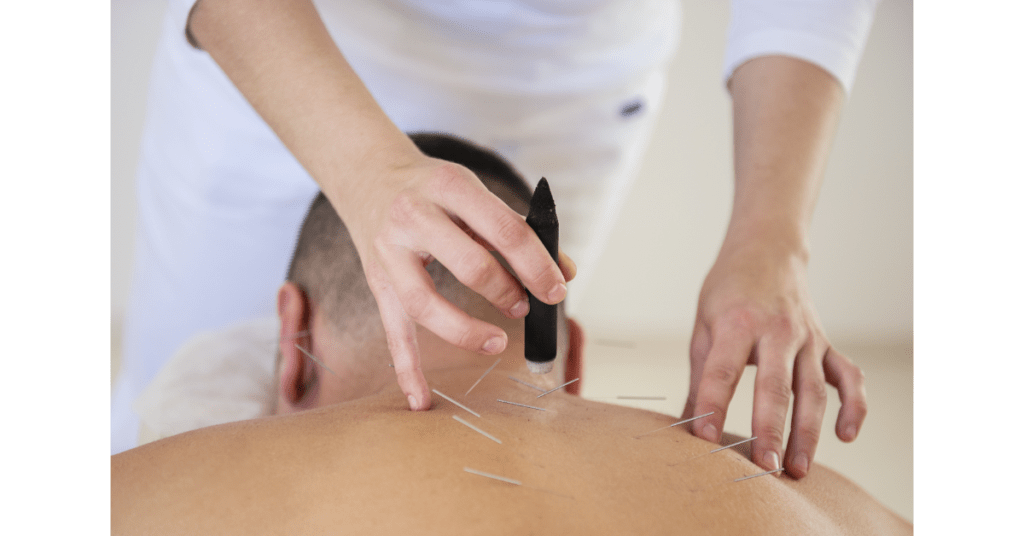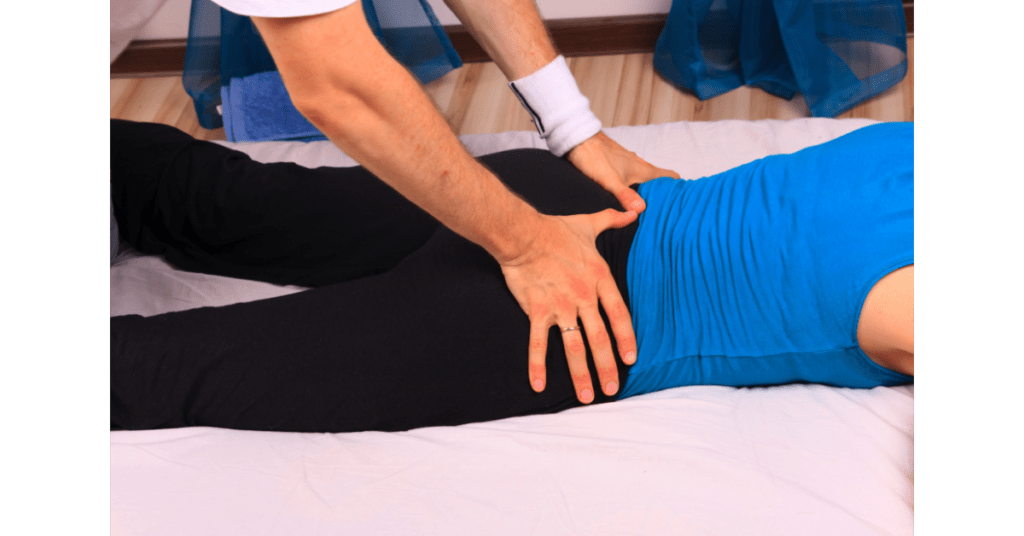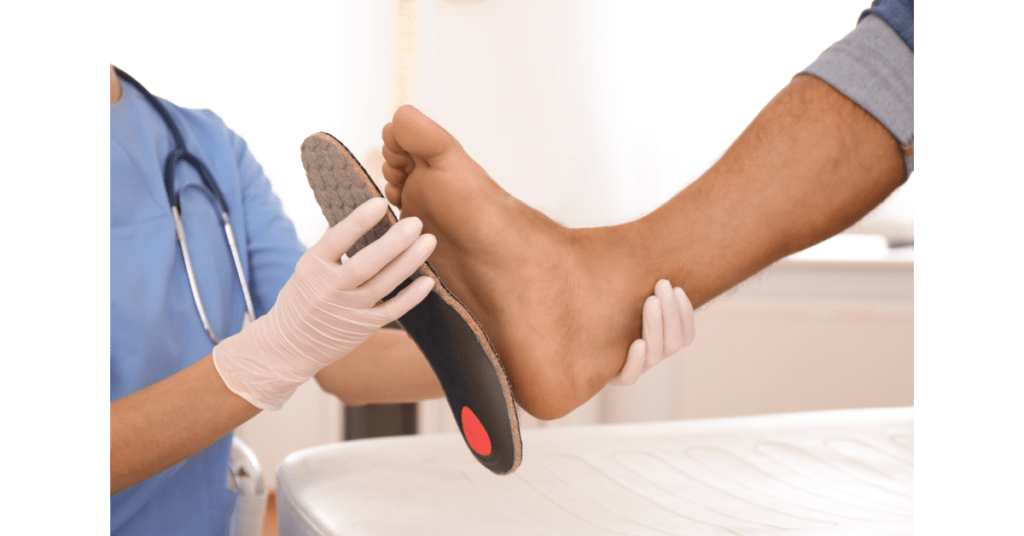What is Achilles Tendonitis?
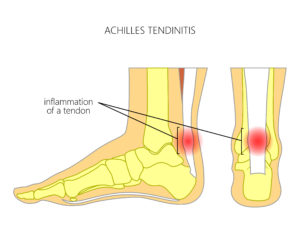
Tendonitis (tendinitis) refers to the irritation or inflammation of the tendons (thick fibrous bands of tissues connecting muscles with bones). A tendon is like an elastic band of tissue that stretches when you move. It helps in absorbing some shocks from the muscles during movement. The Achilles tendon is a powerful connection between the heel bone and calf muscle. The inflammation of the Achilles tendon is called Achilles Tendonitis and is caused by a sudden injury to the tendon, leading to pain, redness, and swelling.
What Causes Achilles Tendonitis?
A sudden injury to the Achilles tendon, usually during activities like running soccer or basketball, is often the cause of Achilles tendonitis. There are several Risk factors that cause Achilles tendonitis. Repetitive, high-impact use of the feet (occupational or recreational), Excessive force (landing a jump the wrong way or sudden stop and go movements), common among athletes, Weak calf muscles, Improper technique or training in sports and insufficient warm-ups and stretching, Improper gait or walking patterns and Past Achilles tendon injuries.
What are the Signs and Symptoms?
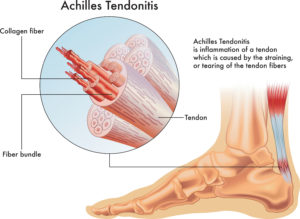
Achilles tendon pain is sharp and sudden. It increases gradually depending on the degree of the injury. Other signs and symptoms are burning sensation, pain, swelling, and a popping sound. The throbbing or burning sensation that won’t go away, Pain directly over the Achilles tendon, Swelling in the calf muscle and ankle, Pain that gets worse with movement, like going downstairs, walking, running, or any movement where you are coming up on your toes, A popping sound and Decreased range of motion.
Living in Toronto or Vaughan and worried about symptoms of Achilles tendonitis? Visit our clinic in Scarborough or Woodbridge. Book an assessment today.
What is the treatment for Achilles Tendonitis?
Achilles tendonitis can be treated at home, with medication and physiotherapy. To start with it is necessary to apply ice packs for 10-15 minutes, 3-4 times a day, for 48 hours or until the swelling reduces then Resting the foot, Avoiding activities that cause pain or put stress on the foot and Using Anti-inflammatory painkillers like Advil or Aleve to reduce pain and swelling. Medication includes Non-steroidal anti-inflammatory drugs (NSAIDs), such as ibuprofen or naproxen and Corticosteroid injections. If none of the less invasive treatments help, then surgery is necessary. Physiotherapy is an important part of rehabilitation. It is a drug-free and non-surgical treatment that focuses on reducing pain and swelling, regaining strength, increasing mobility and function, and preventing recurrence. Physiotherapy treatment plans for Achilles tendonitis may take eight to twelve weeks. It is designed in phases that enable you to achieve progress toward a safe recovery. If you revert into exercise too quickly following an injury, it is likely that you will have to start the recovery process all over again. Physiotherapy may vary depending on your individual needs as follows: Functional retraining and activity modification (including gait exercises), Stretching and strengthening exercises (including calf strengthening exercises), Range of motion and flexibility exercises, Balance and control exercises, Orthotics if there is a gait issue, Taping, a Personalized exercise plan to ensure continuous improvement and progress, Preventative strategies to help you manage lifestyle, work, and other risk factors, Patient education (including a return to work or sport recommendations). Shockwave therapy has shown to be very affective
Can Achilles Tendonitis Go Away on Its Own?
Yes, a mild case of Achilles tendonitis can get better, if successfully treated at home. However, if it is not treated correctly, it can turn into tendonosis. Tendonosis is a chronic, recurring condition that happens because of overuse, repetitive strain, repeated injuries to the same area, or an injury that hasn’t healed properly.
Can You Prevent Achilles Tendonitis?
If you play sports or if your job requires you to make repetitive movements, you run the risk for Achilles tendonitis. You will have to consult a physiotherapist about the best exercises for your activities. Other steps to prevent or reduce the chance of incurring Achilles tendonitis include: Warming up and stretching before exercise, Cooling down and stretching after exercise, Practicing proper technique in sport (including stretching and strengthening exercises), Starting a new exercise or fitness program slowly, and gradually increasing your training, Practicing good posture, Taking regular breaks from activities that involve repetitive movements, Wearing orthotics and properly supportive shoes for the activity, Maintaining a healthy weight and eating an anti-inflammatory diet (avoiding processed and refined foods and sugar).
